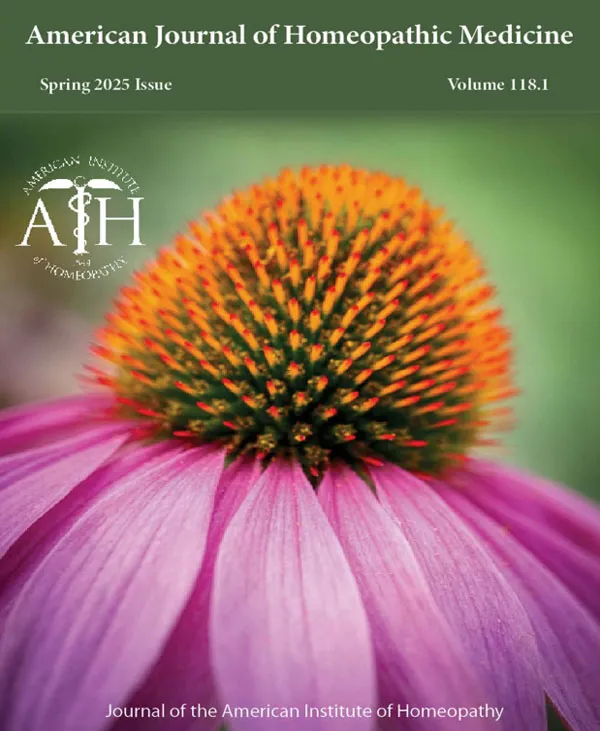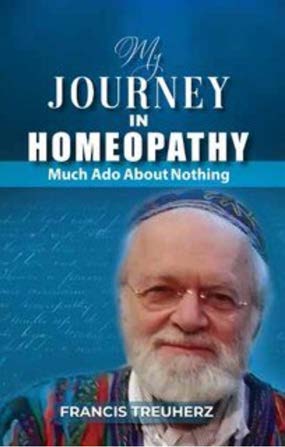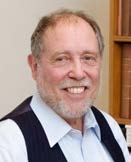
Book Review: “My Journey in Homeopathy”
My Journey in Homeopathy: Much Ado about Nothing
by Francis Treuherz
 B. Jain Publishers: New Delhi, India.
B. Jain Publishers: New Delhi, India.
Paperback, 505 pages. 2022.
ISBN: 978-81-319-2380-1
Reviewed by Richard Moskowitz, MD
This collection of interviews, historical sketches, book reviews, case reports, tidbits, and musings spans the whole of Francis’s splendid 40-year career as practitioner, teacher, scholar, and collector of all things homeopathic. Like the man, its tone and style are warm, down-home, and personal on the one hand, and learned, contemplative, and meticulous on the other. Its spirit is cosmopolitan, and the author’s love of travel takes him—and us—literally around the world:
- to Liverpool to celebrate the illustrious homeopaths who practiced there;
- to Mumbai, Delhi, and Calcutta, to learn how Indian homeopaths help the gravely ill, and meet Rajan Sankaran;
- to Athens, to visit his uncle—Dean of the medical school—and meet Vithoulkas;s
- to Finland, at the invitation of his students, to treat Santa Claus for chilblains;
- to Paris, to treat Harry Coulter after his massive stroke, at the request of his son; and
- to Australia, to attend his daughter’s wedding, and learn more about Rosendo Salvado, a Spanish friar who founded a monastery there in the mid-1800’s, and devoted the rest of his life to serving the aboriginals, learning their language, helping them farm and raise livestock, and treating them with homeopathy, becoming the first practitioner in that country.
An impressive volume of case reports similarly attest to his versatility, prescribing both miasmatically and constitutionally, and utilizing everything from 6C’s to 10M’s, as well as LM’s, mother tinctures, bowel nosodes, and even organopathic remedies à la James Compton Burnett and Richard Hughes, without any rigid or dogmatic commitment to any one strategy, other than the single remedy, thank heaven. There are also illuminating historical sketches about J.T. Kent, Swedenborg, Dr. Garth Wilkinson, Rudolph Steiner, the use of homeopathy in the Irish potato famine, and vignettes of contemporary homeopaths he trained with, visited, or made it his business to know or learn about.
In short, the attentive reader will easily grasp the underlying subtext that no person or aspect of our beloved art is foreign to him, such that even those philosophers or practitioners he might disagree with about something or other nevertheless deserve and unfailingly receive his respect for their shared interest in and dedication to the art. His homeopathic library, surely among the wonders of the world, currently numbers over 12,000 volumes, featuring Hahnemann’s Organon in 32 languages, as well as more than a hundred works of fiction and literature in which homeopathy is discussed or mentioned, and an impressive trove of memorabilia from every time and place.
This same universality is evident in the trajectory of his career. Trained as a social scientist, and active professionally doing social work before encountering homeopathy, he was pursuing a Ph.D. when his dentist referred him to his brother, a homeopathic physician, for a long-standing complaint; and soon he was feeling much better than he had for a very long time. Hooked for life, like so many others before and since, he immediately enrolled in a class at the College of Homeopathy that was taught by some of the best and included more than a few fellow students of the same caliber. He then joined the National Health Service to make homeopathy available to everyone, especially the least fortunate, and practiced there for many years, until they abruptly dropped homeopathy from the services they offered. The same charitable impulse led him to co-find the Homeopathy Helpline, offering acute homeopathic consultations and emergency treatment over the telephone, open 9 a.m. to midnight, 7 days a week, and 365 days a year, which also provided backup for colleagues on vacation, after hours, and on weekends. In addition to his office practice, he provided this service one or two days a week for 25 years, much of it under the NHS, as above. As if all of that were still not enough, he served on the Board of the Society of Homeopaths for many years, including two extended periods as Editor of their journal, The Homeopath. In short, the man is a national treasure, as well as a mensch in every sense of the word.
Best of all, he writes beautifully, in a fluent, easy, conversational style that carries the reader along, and makes us feel that we’re having a chat with a wise elder who’s been around the block a few times and wants to pass along what he’s witnessed. Here’s a brief sample, in response to an interviewer asking him, “What makes a good homeopath long-term?”:
“You have to be a fanatic. I don’t mean that you go around converting everybody! I just mean you have to be fairly singleminded about the intellectual and emotional demands of the job—and keep at it. And be a member of a team, with a supervisor or a colleague—you can’t be a loner. If you’re alone a lot, and your CPD is reading books, like mine, you have to go out and meet people, go to seminars, and learn from other people.”
In a word, there’s something in this book for everyone; and I venture to say that his legacy to future generations, both as recorded here and in the personal memories of all those who were helped by him, learned from him, and have come to know him, will be as one of our immortals, both a sage and a connoisseur of our science, our art, and our history. I think we can all savor the irony permeating his subtitle, “Much Ado about Nothing,” which not only summarizes the principal argument of our detractors, but also conceals a deeper meaning that it has been his life work to uncover and display in all its glory. It is a book that nobody else could have written, and will surely provide all who love homeopathy an abundance of riches to learn from and delight in.
 About the Reviewer: Richard Moskowitz, MD, practices classical homeopathy in Watertown, Massachusetts (Boston area). He previously served as President of the NCH and taught at their Summer School. He is the author of the books “Homeopathic Medicines for Pregnancy and Childbirth”, “Resonance:The Homeopathic Point of View,” “Plain Doctoring: Selected Writings, 1983-2013,” and “More Doctoring: Selected Writings, Volume 2, 1977-2014.”
About the Reviewer: Richard Moskowitz, MD, practices classical homeopathy in Watertown, Massachusetts (Boston area). He previously served as President of the NCH and taught at their Summer School. He is the author of the books “Homeopathic Medicines for Pregnancy and Childbirth”, “Resonance:The Homeopathic Point of View,” “Plain Doctoring: Selected Writings, 1983-2013,” and “More Doctoring: Selected Writings, Volume 2, 1977-2014.”
About the AJHM
The American Journal of Homeopathic Medicine (AJHM) is a peer-reviewed scientific journal, specifically intended to meet the needs of physicians involved in the specialty of homeopathy. The editor invites original manuscripts, feature articles, research reports, 'Homeopathic Grand Rounds' cases studies, abbreviated case reports for 'Clinical Snapshots,' seminar reports, and position papers that focus on homeopathy, as well as book reviews and letters to the editor. Click below to subscribe to the Journal.
Latest Issue of the AJHM

AJHM – Spring 2025
Volume 118 Number 1
Table of Contents
- Editorial: In this issue
- President’s Message: Our Guiding Precepts
- Homeopathic PuZZle?
- Alchemy, Spagyrics, and Homeopathy: Tracing the Threads of Energetic Medicine
- The Genius of Fluoricum acidum: Part One
- An Interesting Case of Kola
- Book Review: ‘Lessons in Pure Homeopathy, From the Writings of Hahnemann’s Best Student and Medicine’s Most Successful Practitioner, Adolph Lippe, MD’ – Edited & Annotated by A. Saine, ND
- Book Review: ‘Folkways and Homoeopathy: Our Ancestral Secret of Healing’ by Shailendra Ramchandra Vaishampayan


